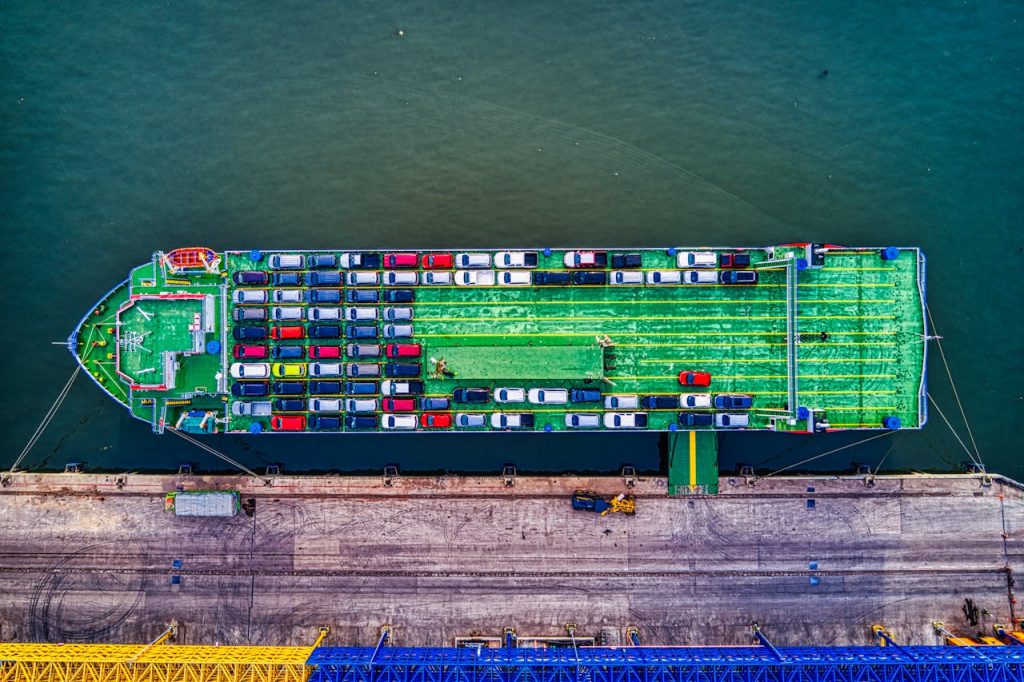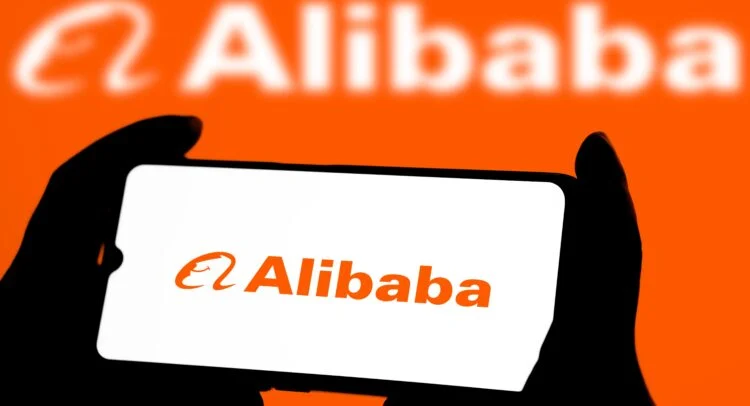
Alibaba Import & Export
Importing goods from China to Kenya has become increasingly popular due to the availability of affordable products and the efficiency of online platforms like Alibaba.
Alibaba connects Kenyan businesses and individuals to Chinese manufacturers, wholesalers, and suppliers, making it easier to source a wide range of products at competitive prices.
If you’re looking to start or expand your import business, here’s a detailed guide on how to import goods from China to Kenya using Alibaba.
Set Up an Alibaba Account

Before you start sourcing products, you need to create an account on Alibaba. Follow these steps:
- Visit Alibaba’s website.
- Click on “Join Free” and fill in your details, including your name, email, company name, and the type of business you’re in.
- Verify your email address to complete the registration process.
Having an Alibaba account allows you to interact with suppliers, compare prices, and place orders.
Research and Select Products
Alibaba offers millions of products, ranging from electronics and clothing to machinery and home decor. Here’s how to find the best products for your business:
- Use Keywords: Search using relevant keywords for the product you’re looking for.
- Filter by Supplier: Look for verified suppliers (Gold Suppliers) and check the supplier’s reviews and ratings.
- Compare Prices: Different suppliers offer similar products at varying prices. Compare offers from multiple suppliers to ensure you’re getting the best deal.
- Check Minimum Order Quantity (MOQ): Some suppliers may have minimum order requirements, so ensure you can meet these terms before proceeding.
Verify the Supplier
Before making any purchases, it’s important to verify that the supplier is reliable. Follow these steps:
- Look for Verified Suppliers: Alibaba gives badges like “Gold Supplier,” “Assessed Supplier,” and “Trade Assurance” to reliable vendors. Opt for suppliers with these badges.
- Check Trade Assurance: This service protects buyers by ensuring that your money is safe until you receive your products.
- Communicate with the Supplier: Reach out to suppliers to ask about their product specifications, pricing, shipping options, and lead times. Clear communication will help you avoid misunderstandings later.
Request Samples
Before committing to a large order, always request a sample from your chosen supplier. Samples allow you to:
- Check Product Quality: Ensure that the product meets your quality standards.
- Verify Product Description: Confirm that the item matches the product descriptions listed on Alibaba.
While this may incur some additional costs, it is a crucial step in avoiding potential issues with the bulk order.
Negotiate Pricing and Terms
Once you’re satisfied with the product and supplier, you can negotiate the price and payment terms. Consider these aspects:
- Bulk Discounts: If you’re ordering large quantities, ask for bulk discounts or special offers.
- Payment Terms: Discuss payment methods (usually via Alibaba’s secure payment gateways), and if possible, negotiate to split payments, with a percentage paid upfront and the remainder after the goods are shipped.
Place Your Order
Once you’ve agreed on the terms and pricing, it’s time to place your order. Follow these steps:
- Confirm the Details: Double-check the quantity, color, size, and shipping method before placing your order.
- Use Alibaba’s Trade Assurance: Always opt for Trade Assurance to protect your payment and ensure your products are shipped as agreed.
- Payment Options: You can use several payment options including credit cards, wire transfers, or PayPal. Choose the option that best suits your needs.
Shipping Options
Shipping from China to Kenya is one of the critical aspects of the import process. Alibaba suppliers typically offer several shipping methods, including:
- Air Freight: This is faster but more expensive. Air freight is ideal if you need your goods quickly.
- Sea Freight: If you’re shipping large or heavy goods, sea freight is more affordable but takes longer (usually 30-60 days).
- Express Shipping (DHL, FedEx, UPS): For small parcels or samples, express shipping is fast and reliable but may be costly.
Work with your supplier to choose the most appropriate shipping method based on the weight, size, and urgency of your order.
Customs and Duties
When importing from China to Kenya, you will need to deal with customs regulations and import duties. Here’s what you need to know:
- Kenya Revenue Authority (KRA): You’ll be required to pay import duties and taxes. The tax rate varies depending on the type of goods you’re importing. Make sure you check the KRA website or consult a clearing agent for up-to-date information.
- Import Declaration Form (IDF): Every importer must fill out an IDF before shipping the goods. This can be done online through the KRA portal.
- Engage a Clearing Agent: Hiring a clearing agent will make the customs process smoother. They can help with documentation, taxes, and clearing your goods from customs.
Receiving Your Goods
Once your goods have cleared customs, you will need to arrange for delivery. Most shipping companies will either deliver the goods to your doorstep or to a specified location, depending on the shipping terms you agreed upon.
- Inspect the Goods: Upon receiving your order, carefully inspect the items to ensure they match the agreed-upon quality and quantity.
- Resolve Discrepancies: If there are any issues with your shipment, immediately contact the supplier to resolve them. Alibaba’s Trade Assurance can be helpful in dispute resolution.
Final Thoughts
Importing from China to Kenya via Alibaba is a cost-effective and straightforward process, provided you follow the right steps.
By researching products, verifying suppliers, negotiating terms, and understanding shipping and customs regulations, you can successfully grow your business through international trade.
With Alibaba’s Trade Assurance service, you can confidently source products from reliable suppliers, ensuring that your money and shipments are protected throughout the transaction process.
Read more about: How to Get a US Number for Free in Kenya





